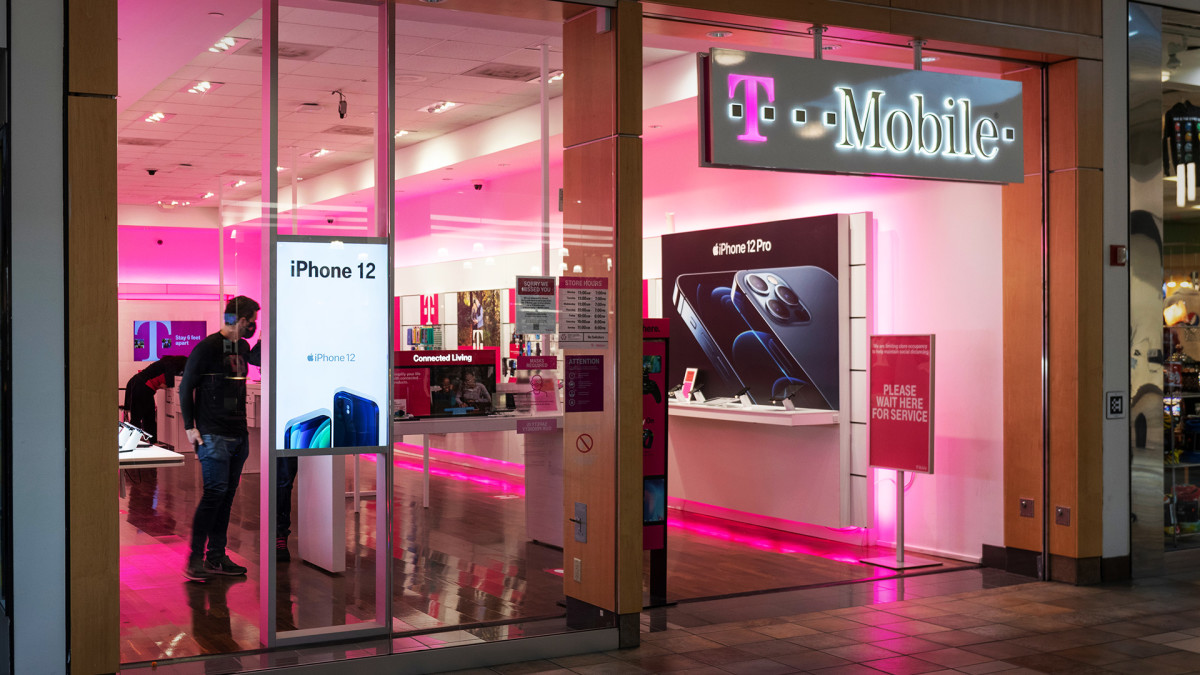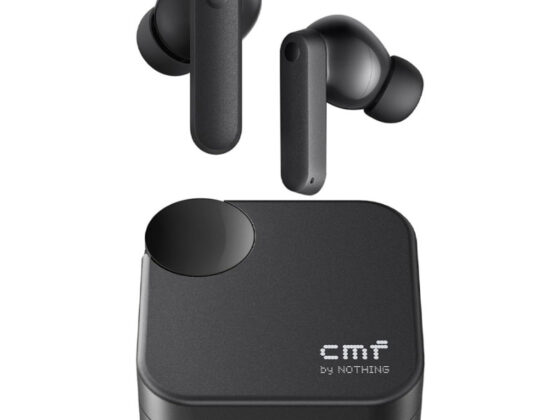T-Mobile (TMUS) recently saw a spike in new broadband customers, as many have fled from cable companies that have been gradually increasing prices for internet services over the past year.
A recent CNET survey found that 63% of U.S. adults saw the monthly price of their home internet service increase last year. On average, they paid $195 more for internet in 2024 than in 2023.
💵💰Don't miss the move: Subscribe to TheStreet's free daily newsletter 💰💵
As consumers battle inflation and higher costs of living, many have explored fixed wireless access internet service, which T-Mobile, Verizon, and AT&T offer. This service provides internet access to remote or underserved areas at a price that’s usually cheaper than traditional internet services.
Related: T-Mobile launches a cheap new service amid customer struggles
In T-Mobile’s second-quarter earnings report for 2025, it revealed that the company added roughly 454,000 high-speed internet customers, which is 12% higher than the number it welcomed during the same quarter last year. T-Mobile ended the quarter with 7.3 million high-speed internet customers.
Image source: Shutterstock
T-Mobile heightens competition with new perks for internet customers
As T-Mobile’s 5G home internet grows in popularity, it recently made a bold move to lure more internet customers away from cable companies.
The phone carrier has added more free perks to its new Amplified and All-in internet plans. Both plans launched in December last year with prices of $60 and $70, respectively, with autopay.
Amplified now grants customers access to 24/7 tech support, which offers live video support for help with household smart devices such as thermostats, doorbells, etc., according to a recent T-Mobile press release. This was a perk that was previously only available for All-in internet customers.
Related: Verizon discontinues free customer perk from phone plans
This expanded perk from T-Mobile directly competes with Verizon, which recently began offering its customers 24/7 tech support in June.
In addition, T-Mobile also added advanced cybersecurity to its Small Business Internet Amplified and All-In plans, which will help “block harmful sites, detect suspicious activity and keep connected devices safe from online threats.” Customers can manage the feature through the T-Life app.
Cable giants scramble to compete with T-Mobile, AT&T, and Verizon
As fixed wireless access internet becomes more of a threat in the telecom industry, cable giants Spectrum and Comcast collectively lost 343,000 internet customers during the second quarter of this year, while T-Mobile, AT&T, and Verizon collectively added about 932,000 new 5G home internet customers during the quarter.
A recent survey from Cord Cutters News revealed that only 40.2% of consumers now rely on cable TV companies for their internet service, a significant decline from 45% in late 2024. Also, roughly 11% rely on 5G home internet, an increase from 8.4% just a year ago.
During an earnings call last month, Comcast Chief Financial Officer Jason Armstrong said that the broadband industry is “competitive” and “remains intense.”
More Telecom News:
- Verizon’s push to make switching harder for customers hits a snag
- T-Mobile announces generous offer for conflicted customers
- Amazon pulls the plug on a free service for customers
“Fixed wireless remains very active in the marketplace,” said Armstrong. “Fiber competitors continue to build more capacity.”
To combat this growing trend, he said that Comcast has “realigned” its pricing strategy by lowering “everyday pricing,” and moving local offers “to a consistent national pricing structure.” It also recently introduced one-year and five-year price lock guarantees to its internet plans without contracts.
On the other hand, Spectrum, which is operated by Charter Communications, is focused on sharpening its value pitch to customers by clarifying how much money they can save by bundling their phone and internet services.
“Going back to customers very clearly, both in marketing and at the time of sale, and at the time of retention, and saying the only reason that you can have a cell phone internet product at that price is because they’re forcing you to pay $60.70 per mobile line,” said Charter CEO Chris Winfrey during an earnings call last month.
“And when you think about what is on your bill with T-Mobile or Verizon 5G home Internet, the reality is, it’s dramatically more expensive than what you would pay to Spectrum for an internet mobile product.”
Related: Spectrum suffers major loss as customers pull the plug on service













